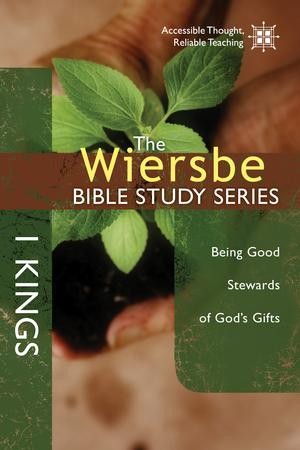

In Acts 2, this community, grounded in its worship and fellowship, practices good stewardship through radically sharing and redistributing their possessions. “As we worship, so we live.” Stewardship extends from our corporate experience of God in worship and fellowship with one another. Stewards are motivated by grace, rather than law, and freely chose to bind themselves in service to their neighbor. Good stewards rejoice in their freedom in Christ and embrace their slavery to their neighbor through a bond of love. “Called to freedom … but through love become slaves” As stewards we follow Christ’s example in obeying God’s command selflessly to love our neighbor. In this passage, Paul implores the Philippian Christians to share the mind of Christ, who was humbly obedient to the point of death and was exalted by God. For it is only through God that they can do good and “take hold of the life that really is life.”Ī good steward, like Christ, humbly puts the interests of others before his/her own. In this letter, Paul A Christian missionary who once persecuted the church More urges Timothy to teach the rich to put their trust in God, not their possessions. Stewardship emerges out of a heart of faith that confesses Christ. 1 Timothy The companion on Paul's later journeys for whom two pastoral epistles are named More 6:12-19 More Duddy Pomroy compiled the list and offers brief commentary. In Martin Luther's favorite expression from the Apostle Paul, we are saved by grace through faith, which means that God showers grace upon us even though we do not deserve it. Grace Grace is the unmerited gift of God's love and acceptance. Learn how Ramsey+ for Churches can give your members the biblical lessons and practical financial tools they need to live and give like no one else.This list of lesser-known stewardship Bible verses was shared by participants at Mary Sue Dreier’s session at the 2010 Rethinking Stewardship conference at Luther Seminary. When your church family is less stressed about money, your whole church improves. When we get to heaven and have to give an account of how we managed God’s resources (1 Corinthians 4:2), I hope God will reply to all of us, “Well done, good and faithful servant.” But it’s up to all of us to make sure every believer understands God’s role as owner and our role as stewards. I’m here to tell you that I want to reclaim the word stewardship in the church today. We become grateful for everything we have. We approach our work with a new sense of purpose. We treat our spouses and kids differently. We begin to build a legacy of stewardship in our families. When we understand true, biblical stewardship, the trajectories of our lives change with every decision we make. It changes our perspective on our family budgets, our daily decisions, even our purpose in life. How awesome is that? It’s both an honor and a serious responsibility! When we get that in our spirit, well, it changes things. It’s all God’s, and He trusts us with it.ĭid you catch that? We get to manage all of the Creator’s stuff. That means our time, talents, treasure, relationships, jobs and, yes, stuff. God commands us to be stewards over everything He blesses us with. Instead, we’re His stewards-His managers. See, the Bible tells us in Psalm 24:1 that He owns it all: “The earth is the Lord’s and the fulness thereof” (KJV).Īnd if He’s the owner, that means we’re not. Stewardship is managing God’s blessings God’s ways for God’s glory. That’s when God told Adam and Eve to “have dominion over the fish of the sea, over the birds of the air, and over every living thing that moves on the earth” (NKJV). It’s the first assignment God gave the human race in Genesis 1:28. Why? Because stewardship is our ultimate calling as Christ followers. The reality is that many people today, including lots of Christians, don’t understand the true meaning of stewardship. Maybe, if you’re being honest, you’re not really sure what it means. Or maybe you think it’s just a stale old word you’ve seen in history books.

When you think of stewardship, what comes to mind?


 0 kommentar(er)
0 kommentar(er)
